Not by Mrs Bach: Johann Sebastian did it by numbers
mainRuth Tatlow led the academic campaign to discredit the recent remote theory that Bach’s cello suites were written by his wife. She is now putting forward her own ‘groundbreaking theory of proportional parallelism’ to explain Bach’s compositional method.
‘There’s nothing approximate about the numbers,’ she declares, demonstrating that various of Bach’s important works have exactly the same number of bars.
Start counting now. Here’s the video.
There’s a book, too.
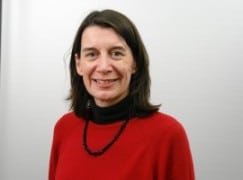

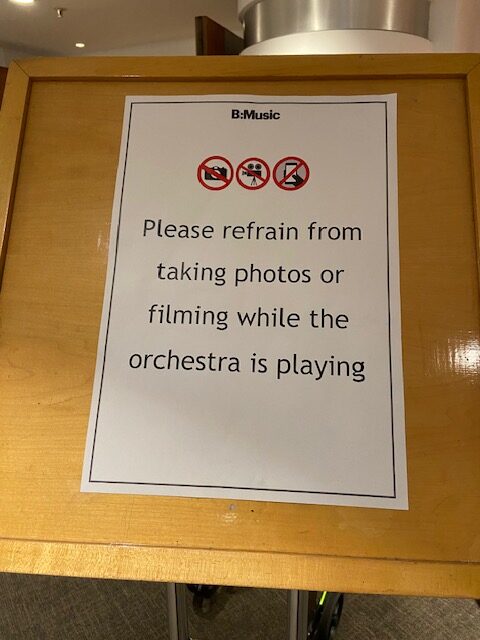
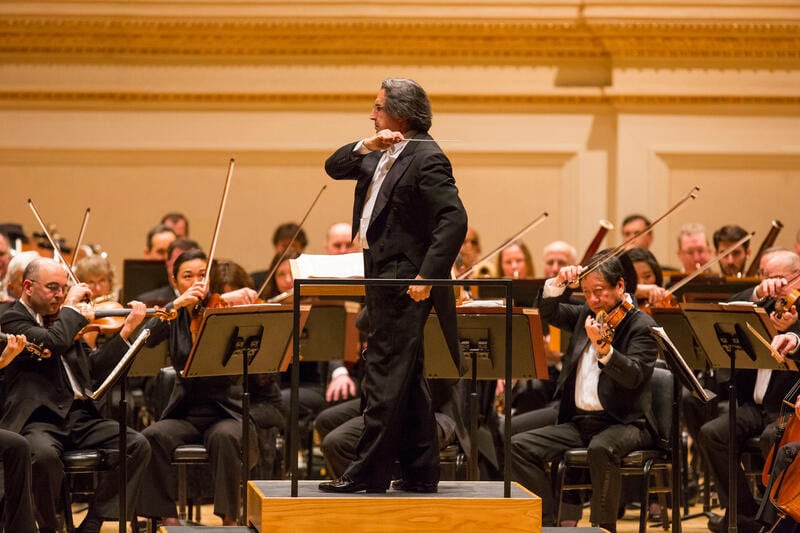
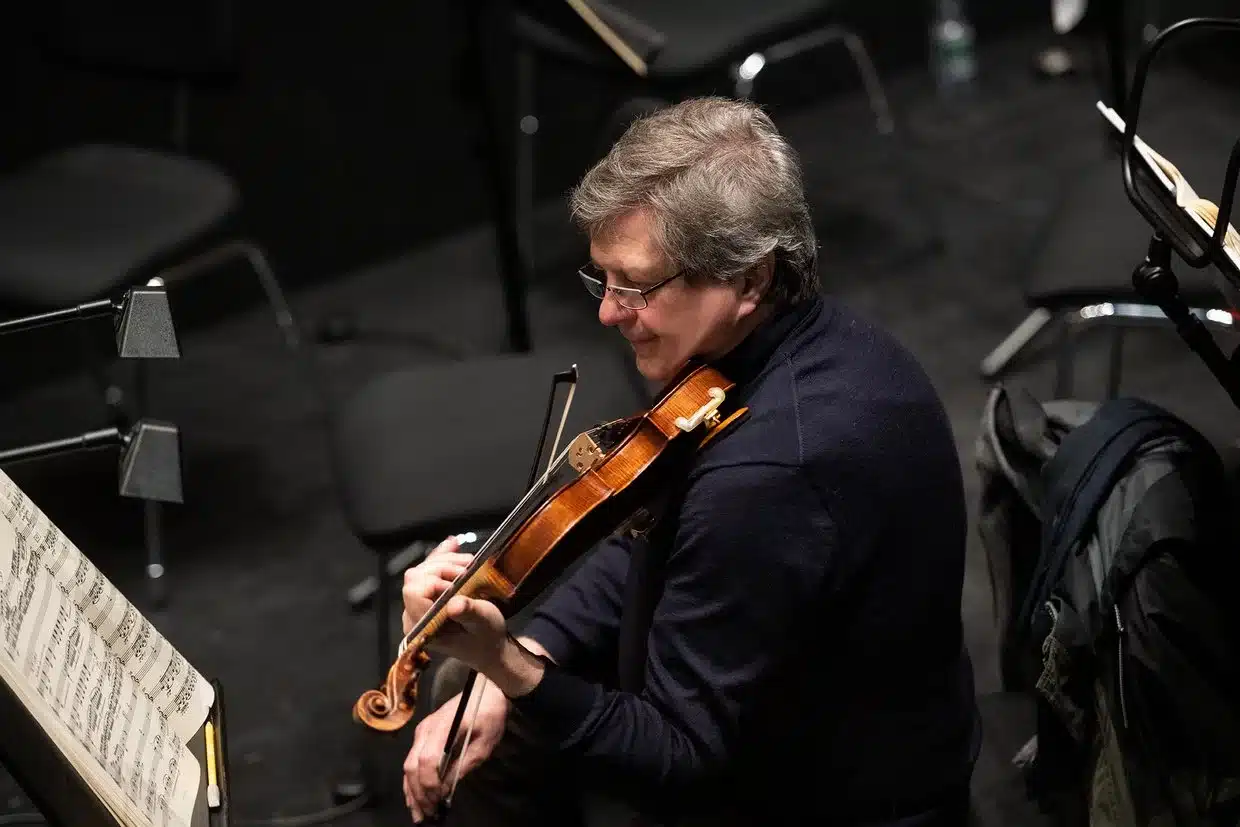
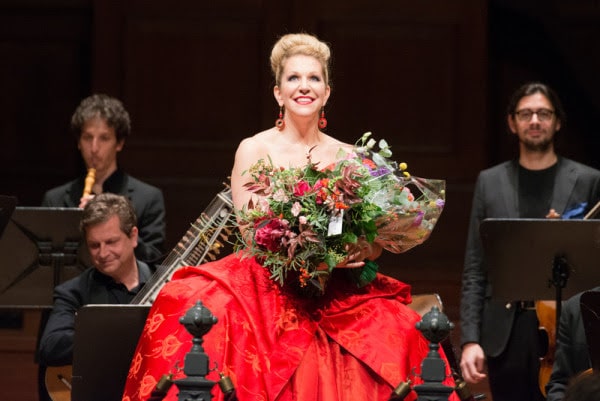
Why is the “background” music so loud and what has this Prelude from the Well-Tempered Clavier to do with the argument? Video editor comes from the school of “foreground” music on TV that makes viewers complain all the time and be perpetually ignored.
Nothing new here, the Dutch scholar/organist Kees van Houten already published a book on Bach and numbers (Bach’s number symbolism) in 1985 (“Bach en het getal”)…
The book costs 85 Pounds?!? I guess I won’t be reading it after all…
Friedrich Smend already wrote about Bach’s use of numbers in 1947, but I have no reason to believe that Smend was the first one to write about this theme. Anyway, here is a very deep insight:
„Bach hat insgesamt 297316 Noten geschrieben. Das macht im Durchschnitt pro Stück 241, und wenn wir das jetzt multiplizieren und sieben später korrigierte Töne abziehen, so ergibt sich genau die Zahl 1426. Und aufgepasst: 1426 war Bachs Geheimnummer bei der Leipziger Sparkasse. (Hans Hachmann, BosArt-Trio)
BTW, every time I think Captcha couldn’t get possibly more annoying anymore, they prove me wrong.
This is not a particularly new theory, but it is a particularly bad video. The background music is so loud I can’t hear the speaker.
I knew Ruth when she was a music undergrad at Kings College London in the early 80s. She’s come a long way – good for her.
As others have stated here, these ideas have been around for long time already. I see nothing new here except good PR for Cambridge University.
She mentions the sonatas for violin and harpsichord, however these were not, to my knowledge, ever published as a set, and some exist in different versions as well. To include them in a process of ‘measure counting’ along with published (printed) works seems like a search to prove the results before the egg has even been laid.
The speaker also fails to note that Bach was often chastised exactly for his apparent lack of simplicity, ‘unity’ – because of his use of overly complicated structures and harmonies – by theorists of his time. According to some of them he lacked a thorough understanding of ‘the rules of rhetoric’ as noted by several contemporaries. So the idea that these ‘unity’ concepts she presents were so obvious to the period seems quite simplistic. Alright, Bach was definetly very religious, but turning his music into ‘a god thing’ by number games is too new age for anyone’s goodwill to accept.
Furthermore, if you make a theme in 2, 3, or 4 measures, as Bach often did, then results of numbers like 1200, 1600, 800 as total measure counts etc. will all be highly expected results in any case. We might as well state that the 10 digits of our hands, that led to the decimal system, resulted in the theory of relativity…..
Last but not least: she seems not to know how composers write music…..
Even Stravinsky set the length of the piece’s measures before beginning to compose.
For Bach it was even more a practical question: he needed to be sure he had enough paper, and then he used a special pen to draw the correct number of staves before starting composing….In a rush he would cramp notes in, but it was absolutely normal for a composer of his day to calculate such seemingly trivial aspects before ‘the god thing’ hit the creative nerve endings.
Theodore
One thing is for sure:
Tatlow’s research will certainly not add to the pointless number fetishism of the pseudo scholarship which is called “numerology”. She was eventually the one who has debunked that kind of stuff in her book “Bach and the Riddle of the Number Alphabet” a quarter of a century ago. Her work has been one (of several) good reasons why that esoteric trait has not found a way into the accepted standards of scholarly Bach research.
And from what I have seen and heard her presenting, this may be groundbreaking new in many ways. In any case, she won’t give us esoteric nonsense like the others, because her excellent reputation in the field would be at stake if it were the same kind of “research”.
Her work can be expected to fulfill very high scholarly standards and she knows, that her work will be scrutinized up the the last dot on the i by the scholarly community. If it withstands the pretty unforgiving skepticism from that side, this hypothesis might go long.
(Wondering how everybody here seems already to know the book, six days after it came out of the press, so that one can claim, that it is “nothing new”. Obviously here are super human powers at work. I’d rather stick to the good old fashion of reading a book first, especially when it comes from an eminent scholar who is not known to take things lightly.).